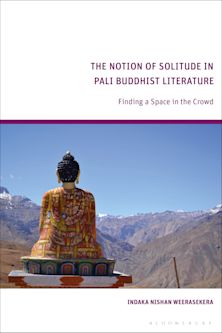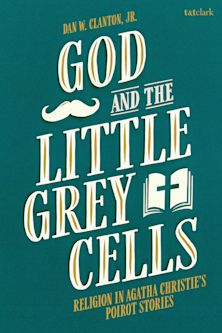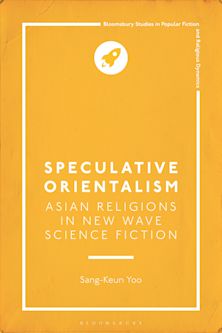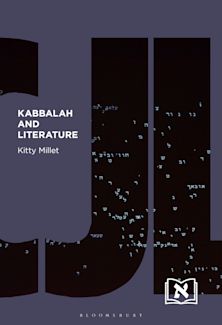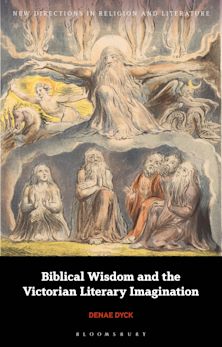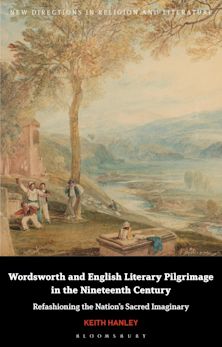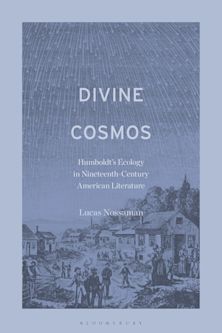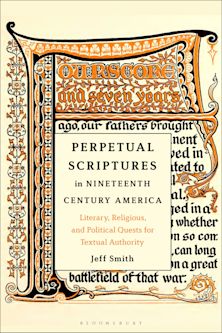Theologies of Pain
Literary Bodies and Afflicted Forms in Puritan New England
Theologies of Pain
Literary Bodies and Afflicted Forms in Puritan New England
This product is usually dispatched within 2-4 weeks
- Delivery and returns info
-
Flat rate of $10.00 for shipping anywhere in Australia
Description
With the arrival of Puritan settlers in New England in the middle decades of the 17th-century, accounts of sickness, colonial violence, and painful religious transformation quickly emerged, enabling new forms of testimonial writing in prose and poetry. Investigating a broad transatlantic archive of religious literature, historical medical science, and philosophies of sensation, this book explores how Puritan America contemplated pain and ascribed meaning to it in writing.
By weaving the experience of pained bodies into popular public discourse, Hardy shows how Puritans imagined the pained Christian body, whilst simultaneously marginalizing and vilifying those who expressed suffering by different measures, including Indigenous Americans and unorthodox colonists. Focusing on pain as it emerged from spaces of inchoate settlement and colonial violence, he provides new understandings of early American nationalism and connected racial tropes which persist today.
Table of Contents
1. Afflicting the Massachusetts Bay Colony
2. Sublimated Women's Pain and the Puritan Public
3. Anne Bradstreet's Poetics of Pain
4. Humoral Hunger and Comparative Melancholy in Mary Rowlandson's Sovereignty and Goodness of God
5. Cotton Mather's Grammar of Pain
6. New England Evangelicalism and the Limits of Affliction
Bibliography
Index
Product details

| Published | 14 Nov 2024 |
|---|---|
| Format | Hardback |
| Edition | 1st |
| Extent | 232 |
| ISBN | 9781350400368 |
| Imprint | Bloomsbury Academic |
| Dimensions | 234 x 156 mm |
| Series | New Directions in Religion and Literature |
| Publisher | Bloomsbury Publishing |
Reviews

ONLINE RESOURCES
Bloomsbury Collections
This book is available on Bloomsbury Collections where your library has access.
















